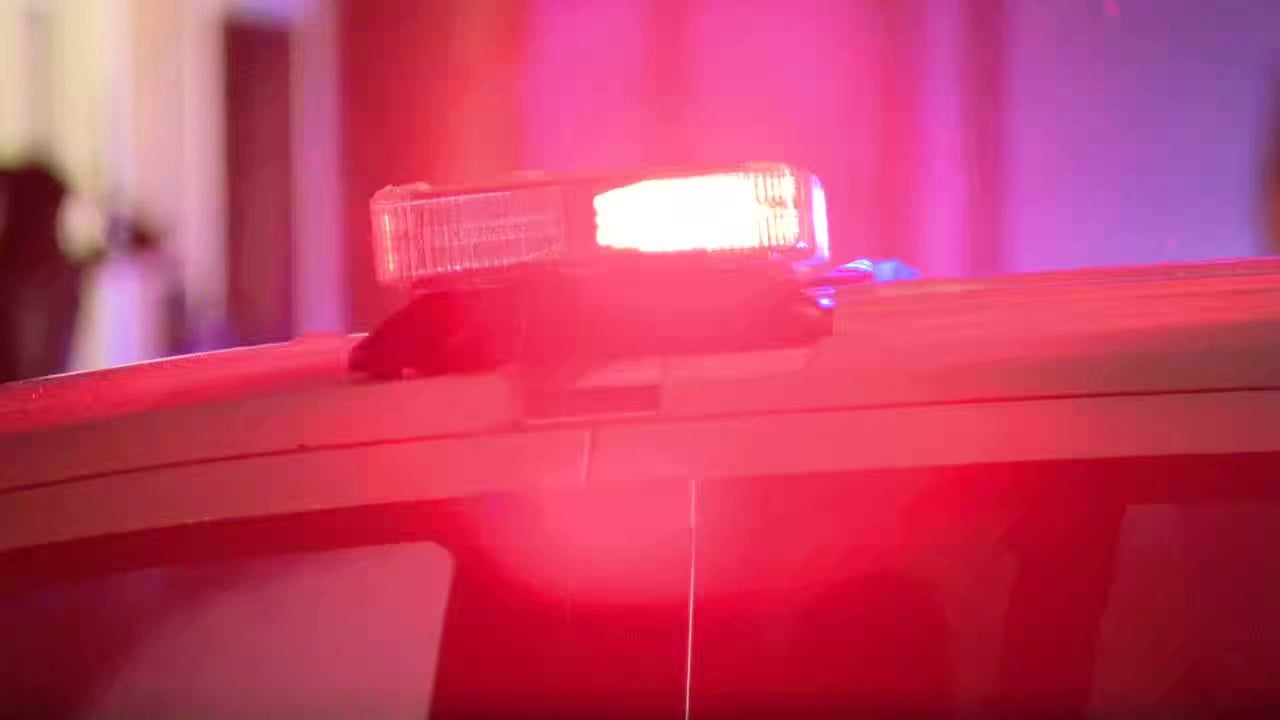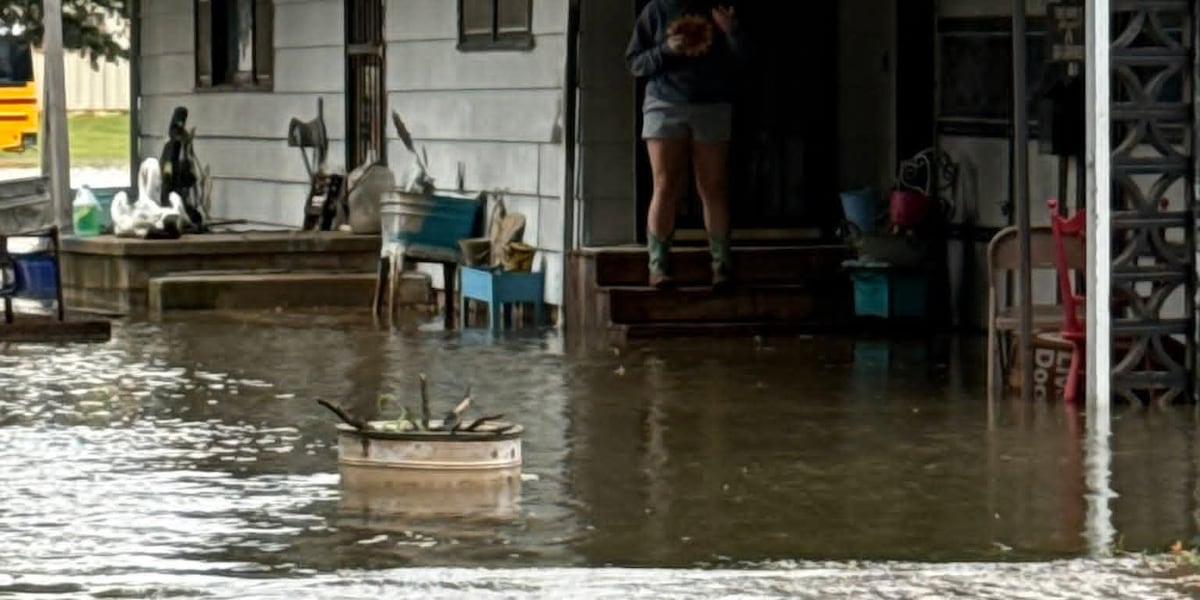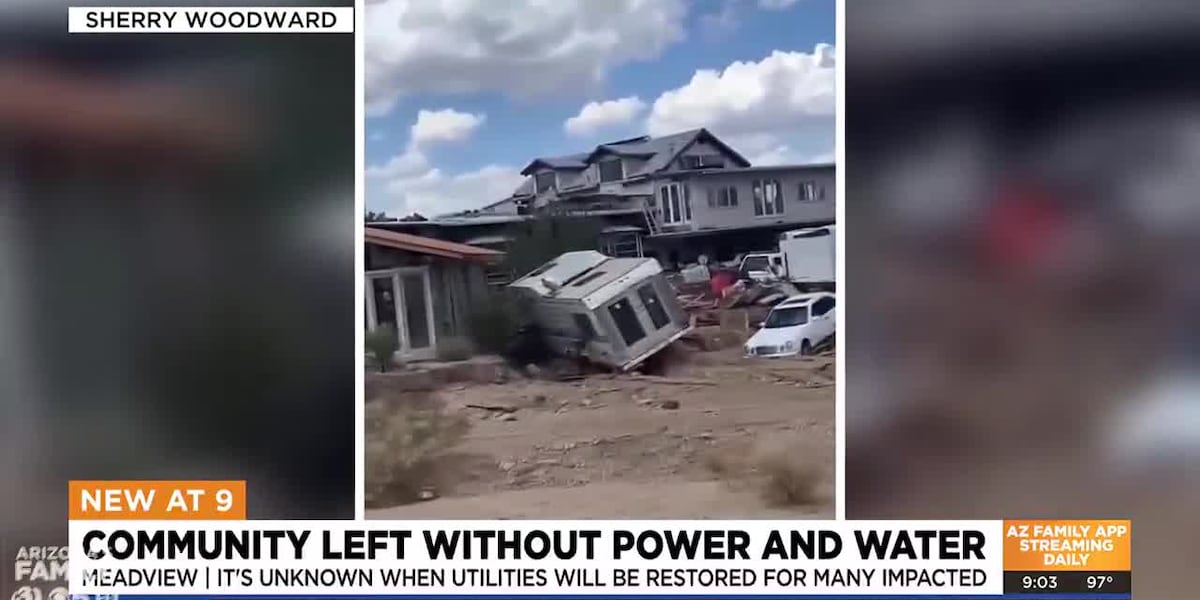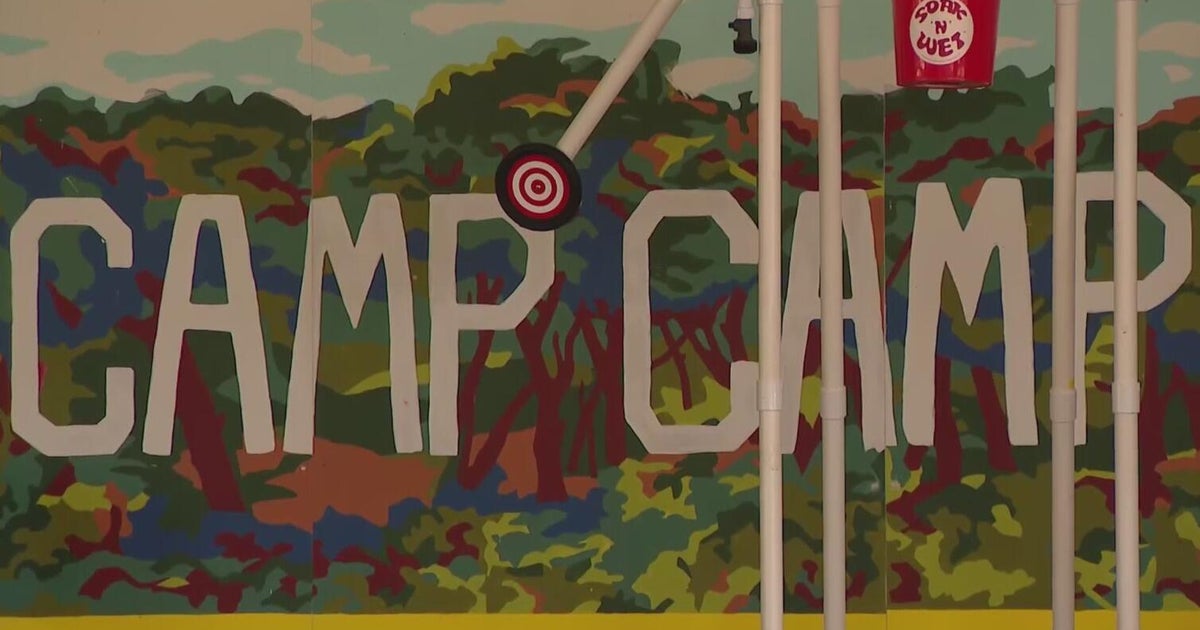Delaware
Lingering Floodwaters Soak Parts of Southern Delaware

We recognize you are attempting to access this website from a country belonging to the European Economic Area (EEA) including the EU which
enforces the General Data Protection Regulation (GDPR) and therefore access cannot be granted at this time.
For any issues, contact wboc@wboc.com or call 410-749-1111.

Delaware
Wilmington mother seeks justice 3 years after son’s murder in Philadelphia

WILMINGTON, Del. (WPVI) — Three years after her son was fatally shot in West Philadelphia, Kameelah Torrance is still searching for answers and justice.
Samyr Walker, 19, was killed on September 4, 2022, while delivering food in his mother’s car. Torrance said Walker’s own vehicle had broken down the night before, prompting him to borrow hers to earn extra money.
“I get a phone call, I’m thinking it’s him,” Torrance recalled.
Philadelphia police said the shooting occurred around 1:45 p.m. at the Chick-A-Boom restaurant drive-thru on 46th Street and Lancaster Avenue. While waiting for his food, Walker reportedly had an interaction with another driver.
“What I’m guessing is maybe he was on his phone and he accidentally tapped the bumper, which is what happened,” Torrance said.
Police said the altercation escalated when gunshots were fired from the suspect’s car as Walker exited his vehicle to retrieve his order. A passenger in Walker’s car also returned fire. Authorities believe the motive was road rage.
According to the Philadelphia District Attorney’s Office, detectives located the vehicle believed to be involved and interviewed both the owner and the reported driver. However, no arrests have been made.
The DA’s office said it has extended victim support services to Walker’s family and the affected community.
Torrance described her son, affectionately called “Meer Meer,” as “a very happy-go-lucky kid.”
“Every time you see him, he was always smiling, silly, liked to have fun, very family oriented,” said Torrance.
She said the lack of closure has made the loss even harder to bear.
“No closure, sleepless nights, it’s just been horrible,” she said. “It’s not fair that my son is gone and you’re walking around free, freely doing whatever. His life was cut short.”
Torrance said she still texts Walker’s phone number and mourns the future he was denied.
“He won’t be able to get married, have children, become something of himself. He was robbed of that and it’s not fair,” she said.
Police say the investigation remains active and ongoing. Torrance and law enforcement are urging anyone with information to come forward.
Copyright © 2025 WPVI-TV. All Rights Reserved.
Delaware
*Update – Victim Identified* State Police Investigating Fatal Crash in Dover – Delaware State Police – State of Delaware

Delaware State Police have identified 14-year-old Reis Yoc-Santos, of Dover, Delaware, as the teenager who died in the fatal crash involving a school bus and an electric bicycle that occurred Friday afternoon in Dover.
The investigation remains ongoing. Anyone who witnessed the crash or has relevant information is asked to contact Master Corporal W. Booth at (302) 698-8451. Information may also be provided by sending a private Facebook message to the Delaware State Police or contacting Delaware Crime Stoppers at 1-800-847-3333.
If you or someone you know is a victim or witness of a crime or have lost a loved one to a sudden death and need assistance, the Delaware State Police Victim Services Unit / Delaware Victim Center is available to offer you support and resources 24 hours a day through a toll-free hotline at 1-800-VICTIM-1 (1-800-842-8461). You may also email the Victim Services Unit at DSP_VictimServicesMail@delaware.gov.
View All News Posts
Delaware
14-year-old boy dead, one teen hospitalized after e-bike runs stop sign, collides with bus in Delaware

DOVER, Del. – A tragic crash involving a school bus and an electric bicycle claimed the life of a 14-year-old boy in Dover.
Deadly collision with bus
What we know:
The crash happened around 4 p.m. on West Lebanon Road as a school bus was turning onto Royal Grant Way, according to police. The electric bicycle, ridden by a 16-year-old with a 14-year-old passenger, did not stop at a posted bicycle stop sign and collided with the bus.
The 14-year-old passenger of the e-bike was pronounced dead at a local hospital. The 16-year-old operator suffered serious injuries. Neither of the teenagers were wearing a helmet, police said.
The bus was affiliated with the Caesar Rodney School District and driven by a 75-year-old man from Magnolia, who was not injured. Twenty-one students on the bus were unharmed.
The road was closed for about four hours for investigation by the Delaware State Police Troop 3 Collision Reconstruction Unit. The investigation is still ongoing.
Ongoing questions for authorities
Authorities are urging anyone with information about the crash to come forward. Witnesses can contact Master Corporal W. Booth or send a message to the Delaware State Police.
If you have information, reach out to Delaware Crime Stoppers at 1-800-847-3333. Victims and witnesses needing support can contact the Delaware State Police Victim Services Unit at 1-800-VICTIM-1.
-

 Finance5 days ago
Finance5 days agoReimagining Finance: Derek Kudsee on Coda’s AI-Powered Future
-

 Business1 week ago
Business1 week agoHow Nexstar’s Proposed TV Merger Is Tied to Jimmy Kimmel’s Suspension
-
North Dakota5 days ago
Board approves Brent Sanford as new ‘commissioner’ of North Dakota University System
-
World1 week ago
Russian jets enter Estonia's airspace in latest test for NATO
-

 Crypto4 days ago
Crypto4 days agoTexas brothers charged in cryptocurrency kidnapping, robbery in MN
-

 World4 days ago
World4 days agoSyria’s new president takes center stage at UNGA as concerns linger over terrorist past
-

 Technology4 days ago
Technology4 days agoThese earbuds include a tiny wired microphone you can hold
-

 Culture4 days ago
Culture4 days agoTest Your Memory of These Classic Books for Young Readers





















